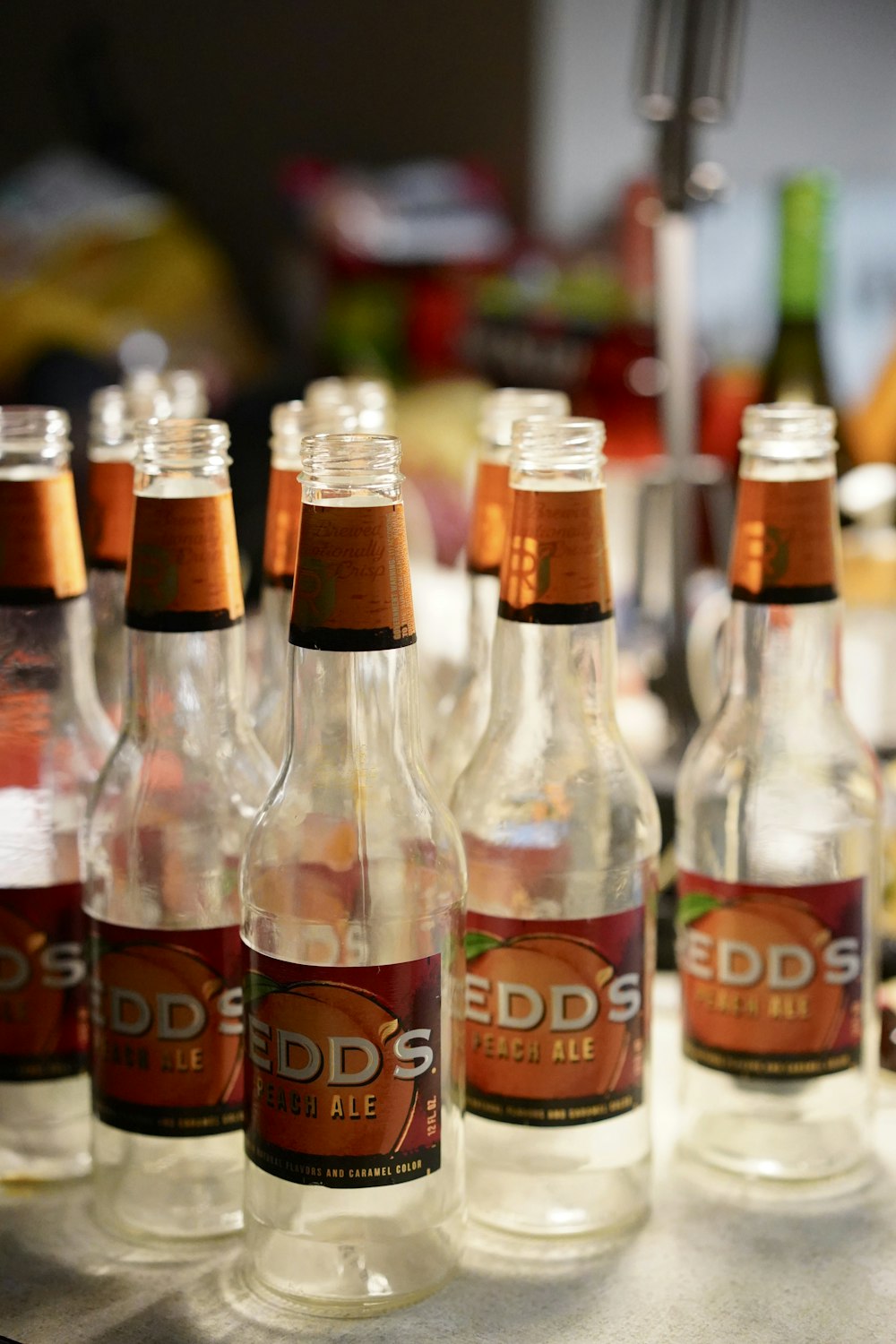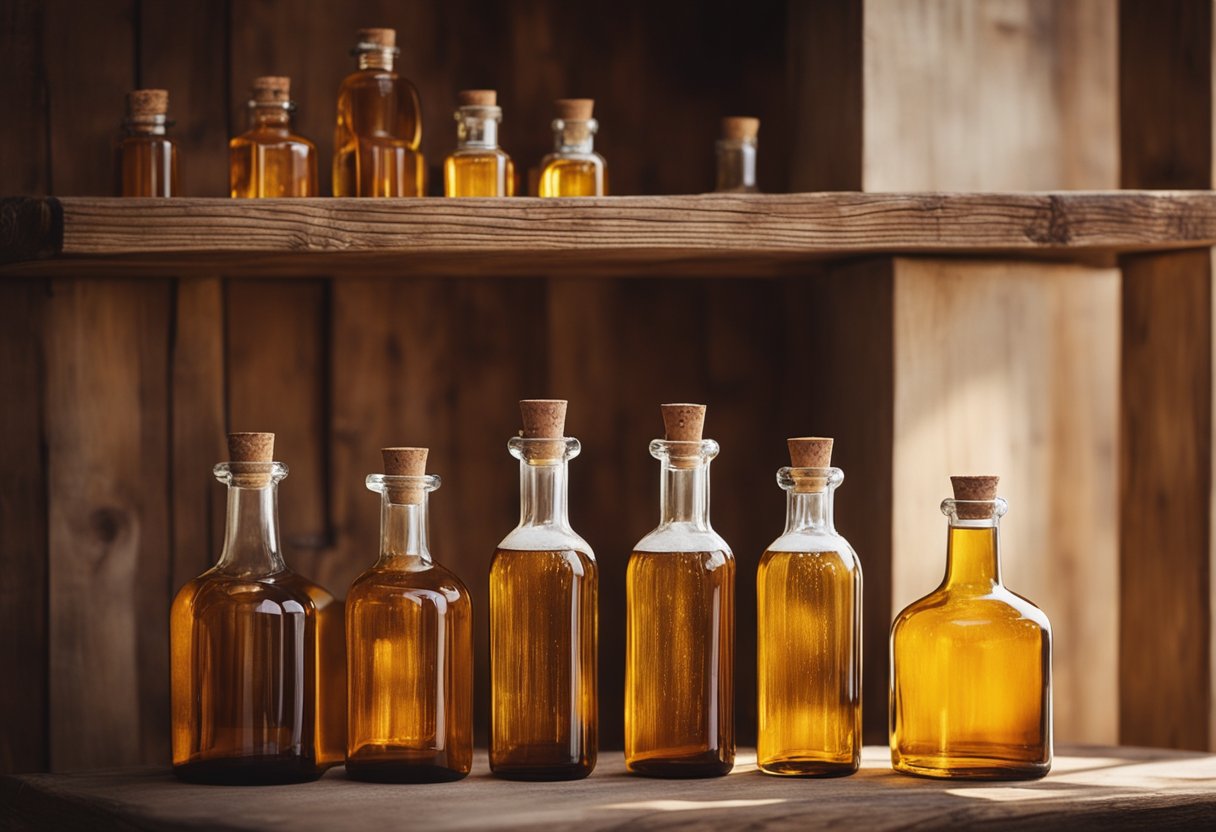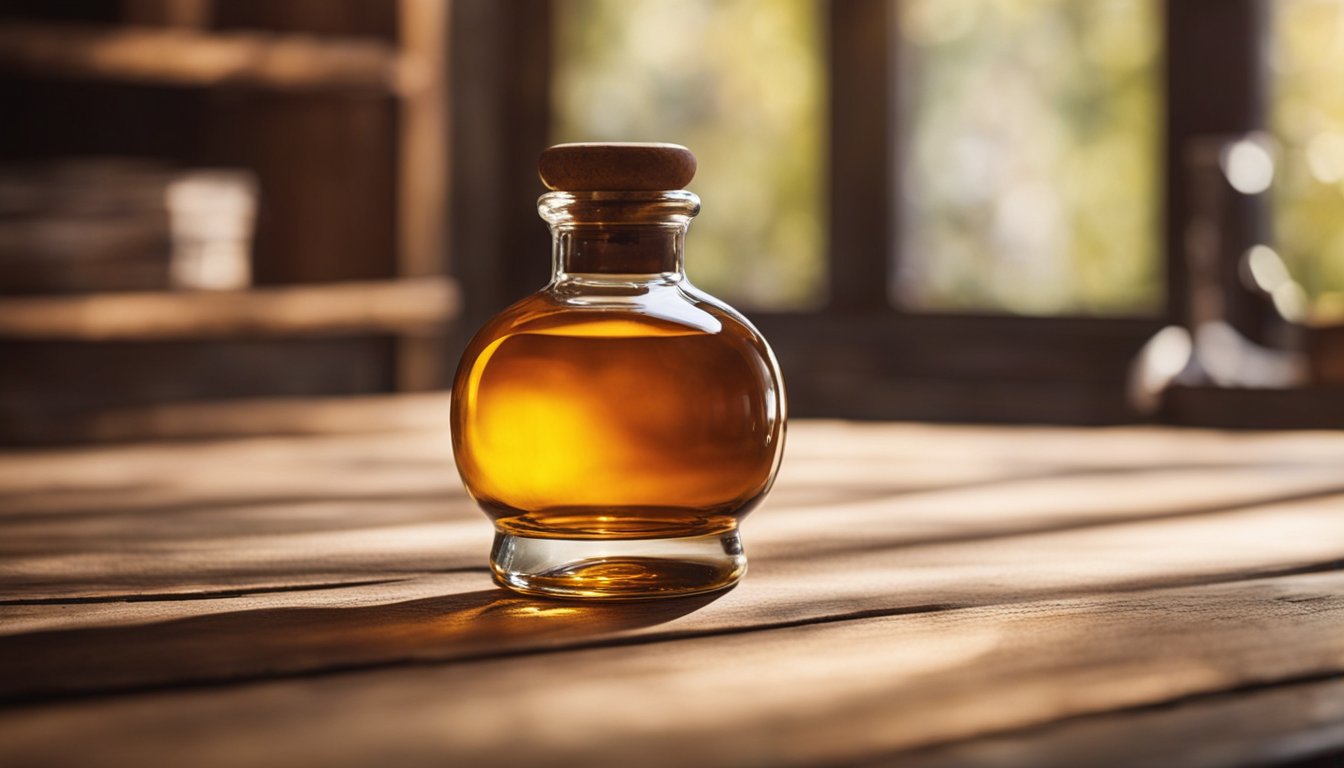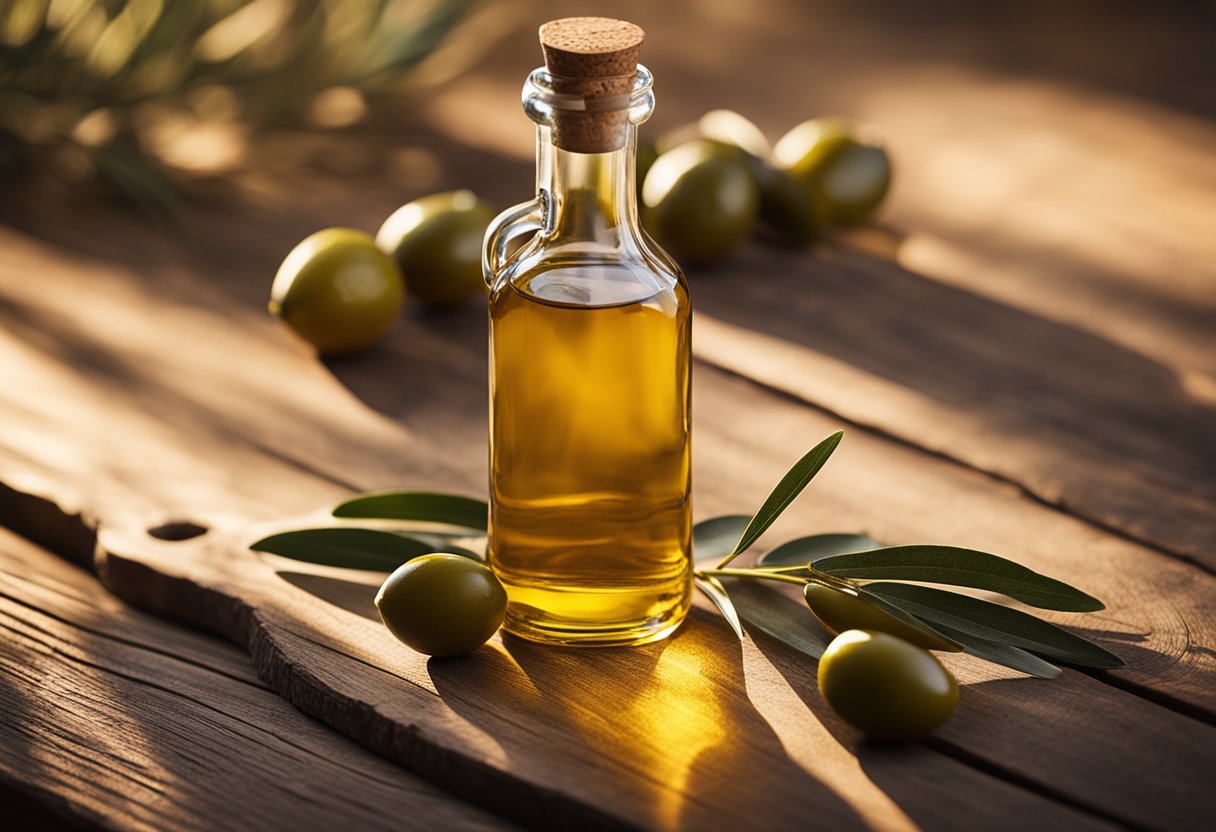
Bottled soft drinks available in glass include Kola-Not, Beefdrinker Teriyaki Beef Jerky, Coke 500ml, Thomas Kemper Ginger Ale, 7up, Barons Ginseng Ginger Ale Original and Santa Lucia Sparkling Natural Spring Water.
When you think of drinking, what comes to mind is the icy-cold glass of lassi or Fanta. But did you know that there are many more such drinks available in the market today? There are so many things that you can drink that won’t leave you feeling thirsty later on. There are a lot of benefits to drinking water, but it doesn’t hurt to add something extra to your water! Drinking water not only hydrates your body, but also helps keep your organs functioning optimally. As with anything else, the type of water you choose matters. For example: Did you know that some types of water are better for different uses than others? You might think all waters are pretty much the same, but there’s actually a big difference between them. Let us take a look at some common types of water and their uses.
TDS Water
TDS stands for Total Dissolved Solids: The “TDS” or “Total Dissolved Solids” in water is a measure of minerals in water that have been dissolved by the water as it flows through the earth. This includes minerals like calcium, magnesium and iron, as well as traces of other minerals such as lead, mercury, cadmium, uranium and sulfides. Depending on where you live, the levels of TDS in your water will vary. If you have hard water, it’s likely that you have high levels of TDS. If your water has a TDS below 500, it’s considered “soft” water. If you have hard water, you might notice that your soap lathers a lot less than it does with softer water. You may notice that your hair feels stiff or squeaky after you shampoo with hard water, as well. If you have soft water, you probably don’t notice any difference in the way your soap lathers or the feel of your hair compared to hard water. You might be interested to know, however, that using distilled water in a humidifier, for example, can actually help prevent certain respiratory disorders in your home or workplace.
Mineral Water
This type of water contains much higher levels of minerals than other types of water. It’s naturally carbonated, which is why it fizzes when it’s opened. Mineral water is often used as a mixer for cocktails, but it also makes a good alternative to soft drinks. It’s best to drink this water relatively cold. If you have high blood pressure, you should talk to your doctor before consuming mineral water. Some minerals found in this water, like sodium, can actually raise blood pressure. If you have hard or soft water and you want to add minerals to your drinking water, you can buy a mineral water filter. These filters can help you add minerals to your water without changing the water’s pH level. If you’d rather not add minerals to your water, but you have hard water, you can buy a water softener. This device can help reduce the amount of minerals in your water.
Ionized Water
Ionized water is water that has had an electrical charge applied to it. This charge is generated by an electrolysis machine that is used to break the water into negatively charged hydrogen and positively charged oxygen ions. Generally, the water is split into two stages: An alkaline process that produces hydroxyl ions and a second acidic process that produces hydrogen ions. When ionized water is consumed, the negative charge of the hydroxyl ions attracts positively charged toxins in the body, such as heavy metals and pesticides, and carries them out of the body. Hydrogen ions, on the other hand, help increase the body’s metabolism. This makes ionized water a popular health beverage.
Bottled Organic Water
Organic water refers to water that comes from a source that doesn’t contain pesticides or chemical fertilizers. This type of water is often bottled in BPA-free containers, which makes it an ideal healthy beverage for kids. If you have hard water, you might need to use a water softener if you want to drink bottled organic water. This is because hard water can leave scaly deposits on bottles, which can make the water taste bad. If you have soft water, however, bottled water might add minerals to your water. If you want to drink bottled water and you have soft water, you can buy a water filter that can take out any minerals in the water.
Filtered Water
This type of water has gone through a filtration process to remove contaminants such as bacteria, viruses, chemicals and other impurities that may be present in tap water. While the majority of people do this, there are different types of filters that can be used to filter the water. If you have hard water, you might want to use a carbon filter. This type of filter can help remove chlorine and other impurities from your water. If you have soft water and you want to use filtered water, you might want to use a reverse osmosis filter. This filter can remove any minerals from your water.
Conclusion
As you can see, there are many different types of water available on the market today. There are many benefits to drinking water, but it doesn’t hurt to add something extra to your water! If you have hard or soft water, you can buy a carbon filter or a reverse osmosis filter to help improve the taste of your water. If you have hard water, you might want to use a carbon filter. This type of filter can help remove chlorine and other impurities from your water. If you have soft water and you want to use filtered water, you might want to use a reverse osmosis filter. This filter can remove any minerals from your water, which makes it taste better.













